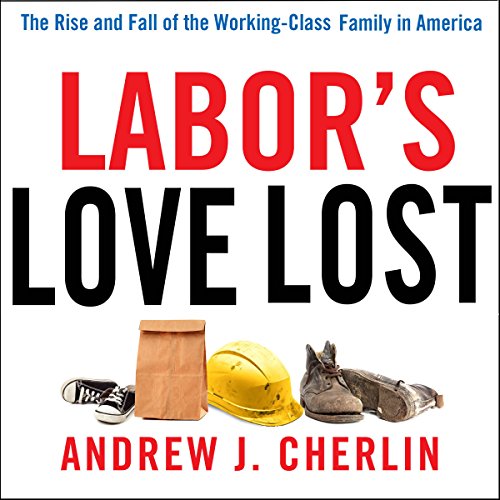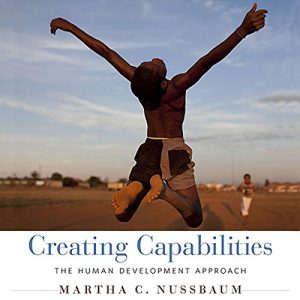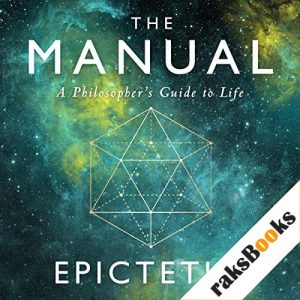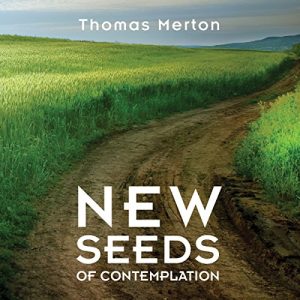In Labor’s Love Lost, noted sociologist Andrew Cherlin offers a new historical assessment of the rise and fall of working-class families in America, demonstrating how momentous social and economic transformations have contributed to the collapse of this once-stable social class and what this seismic cultural shift means for the nation’s future.
Drawing from more than a hundred years of census data, Cherlin documents how today’s marriage gap mirrors that of the Gilded Age of the late 19th century, a time of high inequality much like our own. Cherlin demonstrates that the widespread prosperity of working-class families in the mid-20th century, when both income inequality and the marriage gap were low, is the true outlier in the history of the American family. In fact, changes in the economy, culture, and family formation in recent decades have been so great that Cherlin suggests that the working-class family pattern has largely disappeared.
Labor’s Love Lost provides a compelling analysis of the historical dynamics and ramifications of the growing number of young adults disconnected from steady, decent-paying jobs and from marriage. Cherlin’s investigation of today’s “would-be working class” shines a much-needed spotlight on the struggling middle of our society in today’s new Gilded Age.
The book is published by the Russell Sage Foundation.
Winner of the 2012 Outstanding Book Award of the Theory Section of the Society for the Study of Social Problems (SSSP).








Reviews
There are no reviews yet.